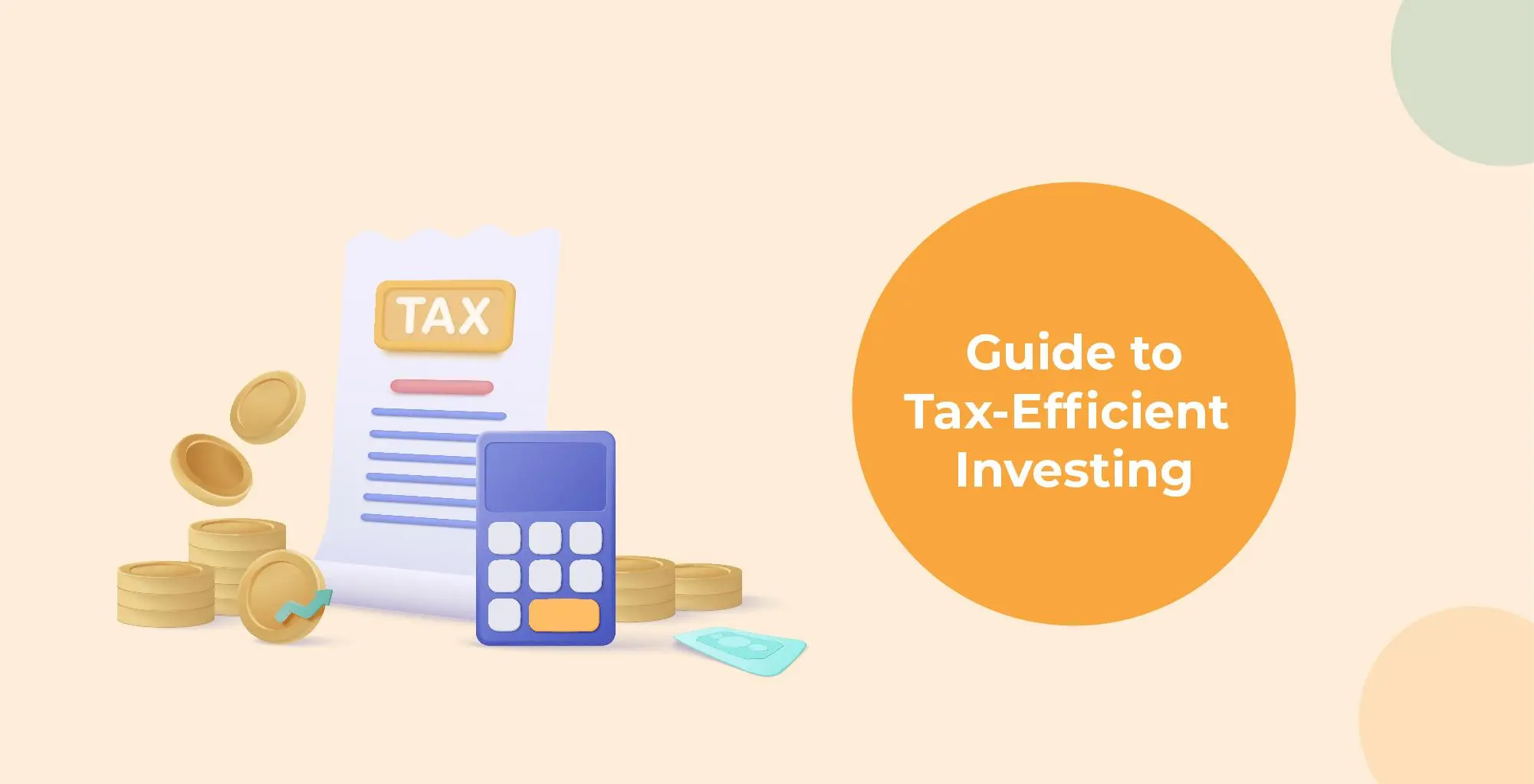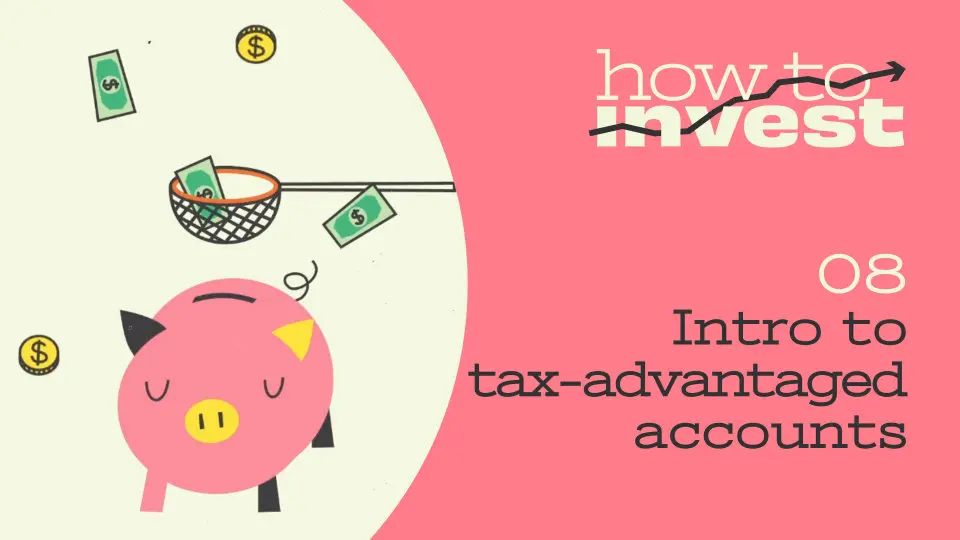
What Are Tax-Efficient Investments?
Tax-efficient investments are assets or strategies designed to minimize the impact of taxes on your investment returns. By choosing investments that generate less taxable income or take advantage of special tax treatments, you can keep more of what you earn.
How Taxes Impact Investments
| Investment Type | Tax Treatment | Typical Tax Rate (2025) |
|---|---|---|
| Qualified Dividends | Taxed at capital gains rates | 15%–20% |
| Ordinary Income | Taxed at income tax rates | Up to 37% |
| Long-Term Capital Gains | Taxed favorably after 1 year hold | 15%–20% |
Why Tax-Efficient Investing Matters in 2025
In 2025, several factors make tax-efficient investing more critical than ever:
- Higher income taxes: Proposed federal income tax rates could climb for high earners.
- Capital gains tax adjustments: Potential increases on investments held over a year.
- State tax pressures: States like California and New York may also raise local rates.
Protecting your portfolio through smart, tax-conscious decisions can drastically improve your long-term wealth accumulation.
Best Tax-Efficient Investments for 2025
Municipal Bonds
Municipal bonds (or "munis") offer tax-free interest income at the federal level, and often at the state level too if you reside in the issuing state.
Key Tip: In 2025, high-income earners can shield a significant portion of their bond income from taxation using high-yield municipal bonds.
Index Funds and ETFs
Index funds and ETFs are extremely tax-efficient because they have low turnover, meaning they don't trigger frequent capital gains distributions.
Top Picks for 2025:
- S&P 500 ETFs (e.g., Vanguard’s VOO)
- Total Market ETFs (e.g., Schwab’s SCHB)
Roth IRAs and Roth 401(k)s
Investing through a Roth account allows your investments to grow tax-free, with tax-free withdrawals in retirement. Although contributions are made with after-tax dollars, the long-term benefits are massive.
New Roth 401(k) Feature for 2025: Many employers now automatically offer Roth 401(k) options with higher contribution limits.
Tax-Managed Funds
Tax-managed mutual funds are specifically designed to reduce taxable distributions through strategies like loss harvesting and low turnover investing.
Chart: Benefits of Tax-Managed Funds vs. Traditional Funds
| Feature | Tax-Managed Funds | Traditional Funds |
|---|---|---|
| Capital Gains Exposure | Low | High |
| Tax-Loss Harvesting | Yes | No |
| Dividend Management | Yes | No |
Strategies to Maximize Tax Efficiency
Making tax-efficient investments is just part of the solution. You also need strategies that work hand-in-hand:
- Asset location: Hold tax-inefficient investments (like bonds) in tax-advantaged accounts, and tax-efficient ones (like index funds) in taxable accounts.
- Tax-loss harvesting: Sell losing investments to offset taxable gains.
- Use Qualified Dividends: Favor investments that pay dividends taxed at the lower qualified dividend rates.
- Minimize trading: Avoid frequent buying and selling to reduce capital gains taxes.
The Future of Tax-Efficient Investing in 2025 and Beyond
As we move deeper into 2025, financial markets are becoming more volatile and tax laws are tightening. Mastering tax-efficient investing isn't optional anymore — it’s essential for serious wealth builders.
Expect to see more:
- Personalized tax strategies powered by AI.
- Increased use of tax-managed ETFs.
- Greater importance of Roth conversions while income tax rates are favorable.
Final Thoughts: Invest Smarter, Keep More
Tax-efficient investments empower you to build wealth smarter, not just harder. By minimizing taxes on your returns, you unlock the full potential of compound growth over time.
Start now by reviewing your portfolio, repositioning assets, and working with a tax-savvy advisor. The less you pay in taxes, the more you keep — and the faster your wealth grows.



